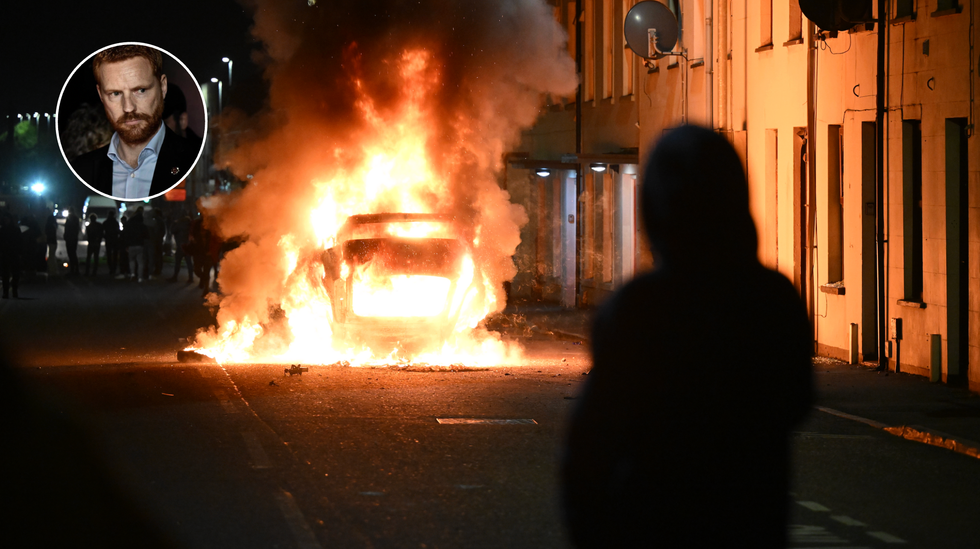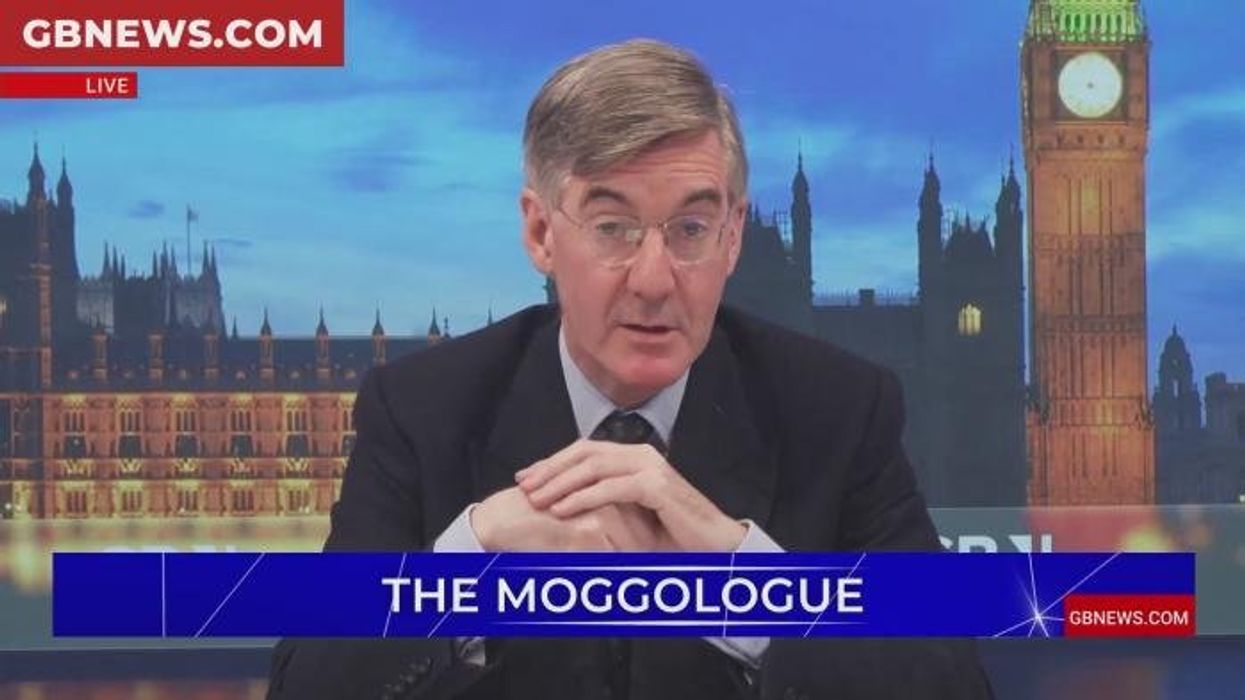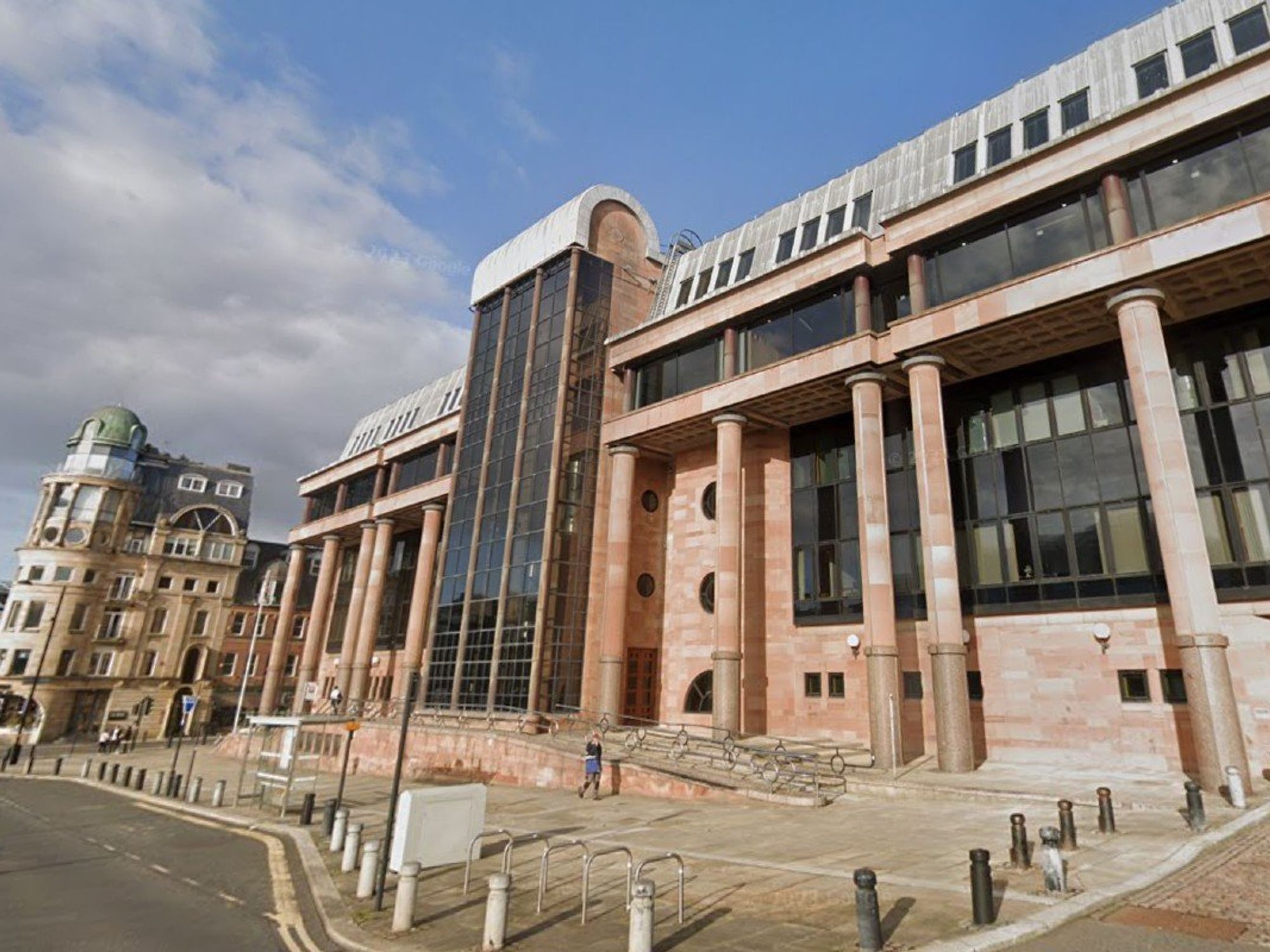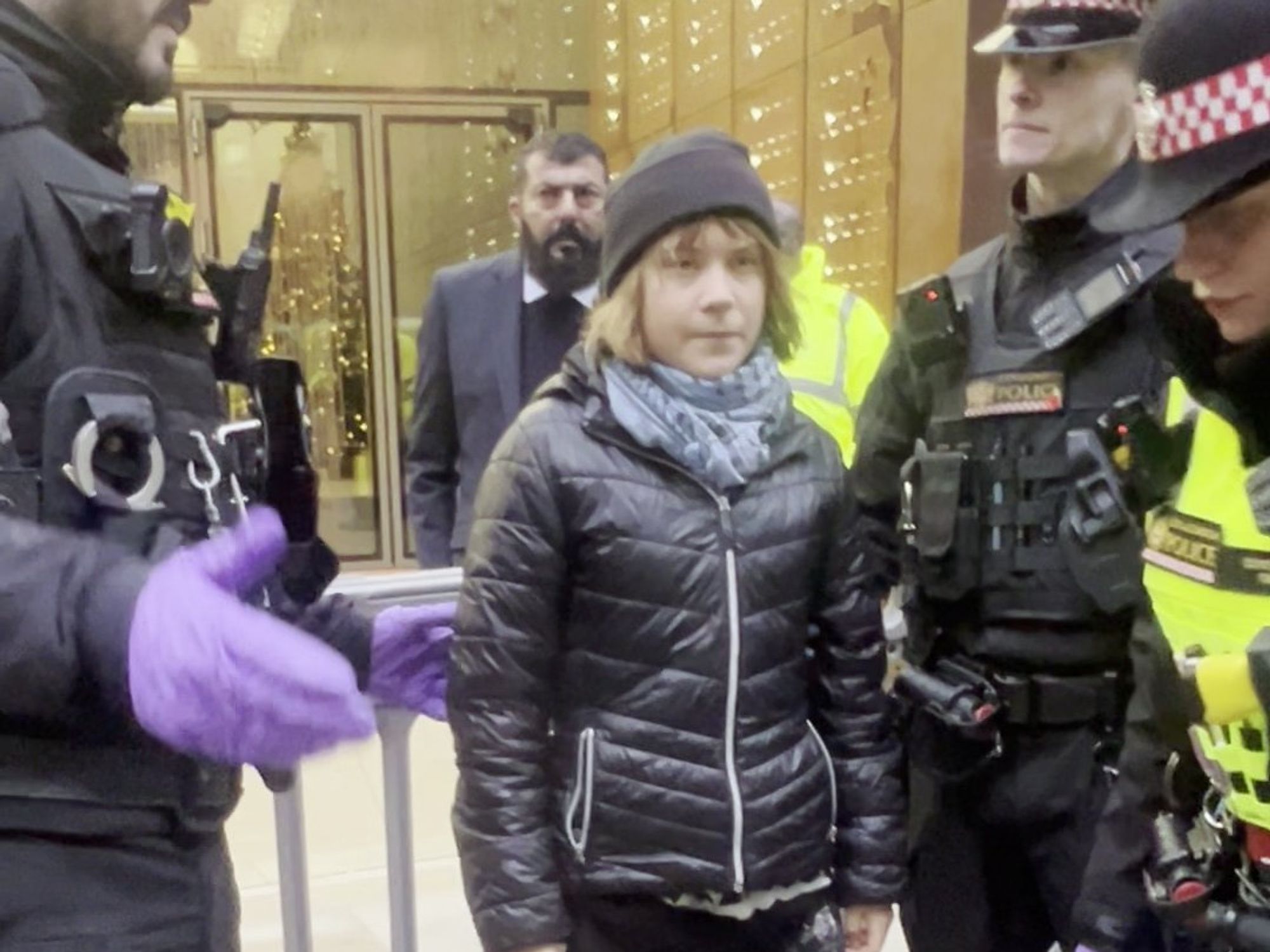No, we are not returning to the 1970s. What Britain faces is an entirely new nightmare - Paul Embery
The 1970s were a walk in the park in comparison, writes trade unionist, writer and commentator Paul Embery
Don't Miss
Most Read
Trending on GB News
Britain is going back to the 1970s. In fact, we are probably already there.
That, at least, is what an increasing number of commentators and politicians would have us believe.
Such is the extent of our troubles, they argue, that we are effectively reliving that squalid decade when the nation was on the skids and nothing worked.
True enough, there are some parallels between then and now: stagflation, high energy prices, and a Tory government which alienated the electorate before being replaced by a Labour government which promptly set about doing the same.
But any serious assessment would conclude that the 1970s were a walk in the park in comparison to what millions of families are facing today.
I am just about old enough to remember the tail end of the decade. I grew up in a well-built and affordable council house on the sprawling Becontree estate in Dagenham. My parents experienced no problems securing the tenancy.
In fact, when they had reached the top of the housing list – in pretty short order, so I’m told – they literally drove around the estate, made a note of any properties that looked vacant, and then contacted the council and put in a bid for their preferred choice. We moved in shortly thereafter.
Purchasing a home privately was also a comfortably affordable exercise in those days, with the house-price-to-income ratio a little over a third of what it is today.
What today’s families struggling to get on the first rung of the housing ladder would give for such luxuries.
My Dad had a steady blue-collar job in the 1970s. We enjoyed a perfectly decent standard of living – including owning a car and taking an annual holiday – on his wages alone. Mum kept the home and raised the kids. The fridge was always stocked.

No, we are not returning to the 1970s. What Britain faces is an entirely new nightmare - Paul Embery
|Getty Images
If we were sick, we would just rock up to the GP surgery and wait to be seen. There was no lengthy wait for an appointment. GPs would even make house calls during the night.
Registering with a dentist was easy, ambulances would turn up quickly, police officers were more concerned with policing the streets than with protecting people’s feelings, the stink of weed didn’t pollute our public spaces, and we had control of our borders.
Our local municipal park could boast beautifully-maintained lawns and flowerbeds, and a lake with flamingos. There were even donkey rides for the kids. It was all watched over by a park keeper (“Parky”).
We had bus conductors, train guards (even on the London Underground), cemetery keepers and public lavatory attendants. All these things represented small symbols of uniformed authority – the type that was unobtrusive but gave the comforting assurance that something stood between the law-abiding and the anti-social or criminal.
Our community was, like so many others, fortified by deep wells of social solidarity and integration. The common cultural bonds and universal moral code that underpin all civilised societies had not yet begun to erode.
Now, I do not wish to unduly romanticise the 1970s or pretend that the nation did not experience some acute problems during that decade. There was economic turmoil, the three-day week and persistent industrial unrest. The National Front was on the march, and many people from minority backgrounds could attest to having suffered real prejudice.
But those who can recall the decade would, I am sure, tell a similar story to my own. Whatever troubles afflicted the country on a day-to-day basis, the “fundamentals” were basically sound, and there was broad faith in our public institutions.
By contrast, today’s families are struggling to get by in a country that is underdeveloped in so many ways. Secure and rewarding employment in stable industries is increasingly scarce.
There is a chronic housing shortage, widespread economic insecurity and accelerating social disintegration. Our public services are failing on a grand scale, and our infrastructure is crumbling.
The fundamentals of our society are decidedly unstable, and the elites who run our institutions continue to promote ideological agendas that are wildly out of step with the beliefs of millions of citizens.
So many things that families in the 1970s took for granted are a pipe dream for their modern-day counterparts. There is no sign that this reality will change any time soon.
And that in itself spells trouble. Because when times are hard, people need hope. They need to see light at the end of the tunnel. At the moment, they cannot.
There was once a belief that if the Tories failed in office, the Labour Party would come in and put things right. And vice versa. Now there isn’t even that.
The two main parties are tanking in the polls, while radical alternatives such as Reform and the Greens are making real strides. It’s a sign of how little faith today’s electorate has in the ability of the old political establishment to remedy our ills.
So attack the 1970s if you must. There was much wrong with the decade. But, as a nation, we were not beset by many of the problems that confront us today. And, as a people, we were undoubtedly better off and happier.
Our Standards: The GB News Editorial Charter
More From GB News











